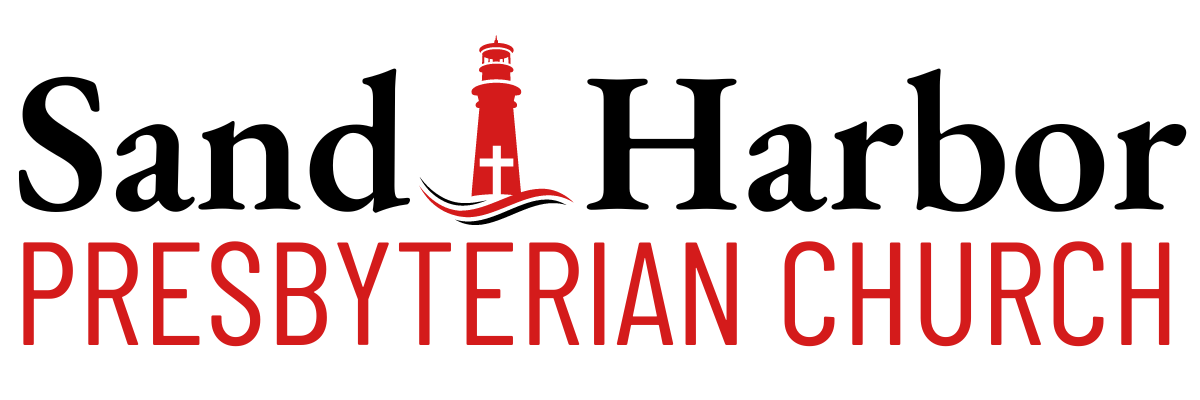The following is an excerpt for the sermon “The Word of the Lord” on Zephaniah 1:1:
Being a Prophet of the Lord was far more dangerous than it was prestigious, because you had to deliver messages to hostile people that did not want to hear what you had to say and if what you prophesy doesn’t come true, the people can stone you. Needless to say the hiring line was short and the mortality rate was high.
The job description for a Prophet really boils down to three tasks:
(i) The first task is to proclaim God’s Word as He gives it to you without modification or alteration. In a sense, a prophet took an oath like a witness does in court: “Do you promise to tell the truth, the whole truth, and nothing but the truth, so help you God?”
There were “prophets” running around all over the place, claiming to have a word from the Lord and the people loved them because they only prophesied good and nice things.
They gave the people what they wanted to hear, rather than being faithful to what the people needed to hear, namely God’s untainted and uncontaminated Word.
(ii) The second task of the prophet is to prosecute God’s people for how they have violated the covenant He made with them. This is the part of the job that really makes them popular with the people.
The prophet essentially gathers the people of God into a courtroom and confronts them with the Law of God and all the ways that they have violated it. He reminds the people that they entered into a solemn binding relationship with God that they are not being faithful to.
“God promised to be your God and you promised to be His people - but you are going after other gods.”
In one hand it’s as if the prophet is holding out a scroll with God’s Law from Exodus, Leviticus, and Deuteronomy and in the other hand he is holding out a mirror for the people to look into and is saying “these do not match up.”
But the Lord’s goal in sending a prophet to prosecute His people for their unfaithfulness to the covenant is different than the goal of an actual prosecutor in a courtroom today. A prosecutor in a courtroom is seeking to secure a guilty verdict, but God through His prophet is seeking to secure His peoples repentance and restoration. The guilty verdict has already been secured, the people saw to that. God is about the mission of reconciliation. He wounds in order to heal.
1 John 1:8-9 was as true in the Old Covenant as it is in the New:
“If we say we have no sin, we deceive ourselves, and the truth is not in us. If we confess our sins, he is faithful and just to forgive us our sins and to cleanse us from all unrighteousness.”
It’s important to see that in the very middle of the book of Zephaniah, amidst all of the prosecuting work that He is doing, there is this invitation to repentance and reconciliation in chapter 2 verse 3:
“Seek the LORD, all you humble of the land,
who do his just commands;
seek righteousness; seek humility;
perhaps you may be hidden
on the day of the anger of the LORD.”
The goal of Zephaniah’s prosecuting work is that the people might embrace this invitation.
(iii) The third job description of the Prophet is the one that we are most familiar with: A Prophet is to prophesy about God’s future actions - both His coming judgment and His future salvation.
Through the prophet the people are given a window into the future to see what God is about to do.
In His justice and wrath, God is about to bring the covenant curses on the people, which He clearly laid out for them in Leviticus and Deuteronomy, and warned them about with over and over, and patiently delayed imposing them time after time.
Yet in His unfailing steadfast love, God is going to bring about a new act of redemption that will far exceed all previous ones.
That’s the dual-vision of the future that the people see through the Prophet Zephaniah. When God gives us a window into the future, it’s not so that we would be given to speculation but that in the present, right here and right now, we would seek transformation.
